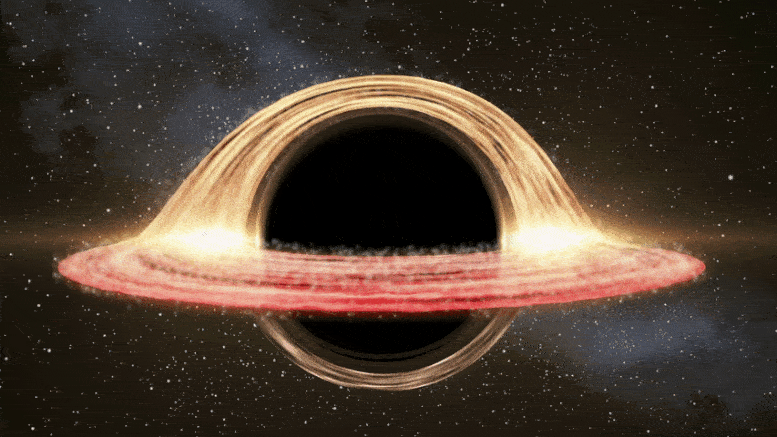What is the origin of black holes and how is that question connected with another mystery, the nature of dark matter? Dark matter comprises the majority of matter in the Universe, but its nature remains unknown.
Multiple gravitational wave detections of merging black holes have been identified within the last few years by the Laser Interferometer Gravitational-Wave Observatory (LIGO), commemorated with the 2017 physics Nobel Prize to Kip Thorne, Barry Barish, and Rainer Weiss. A definitive confirmation of the existence of black holes was celebrated with the 2020 physics Nobel Prize awarded to Andrea Ghez, Reinhard Genzel and Roger Penrose. Understanding the origin of black holes has thus emerged as a central issue in physics.
Surprisingly, LIGO has recently observed a 2.6 solar-mass black hole candidate (event GW190814, reported in Astrophysical Journal Letters 896 (2020) 2, L44). Assuming this is a black hole, and not an unusually massive neutron star, where does it come from?
